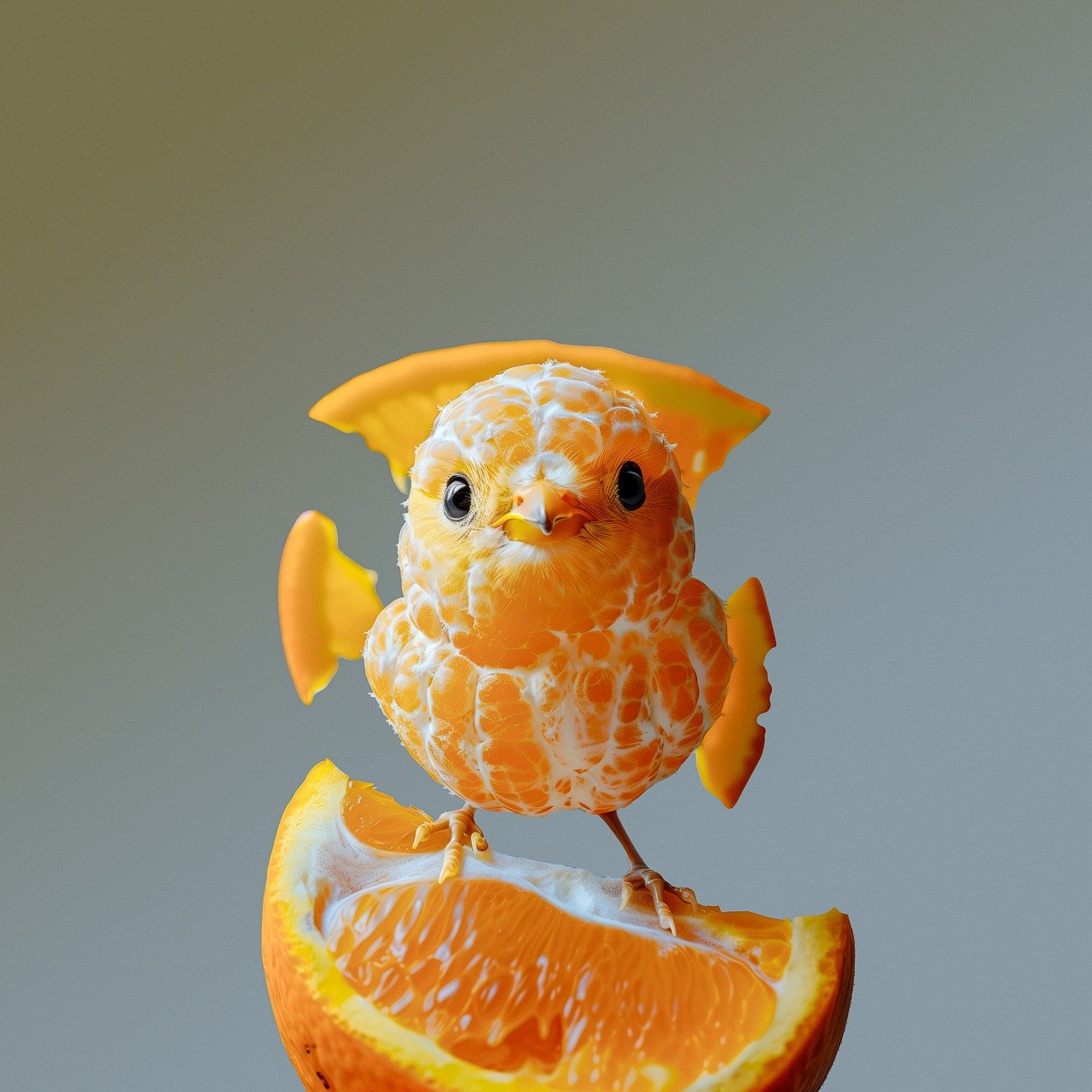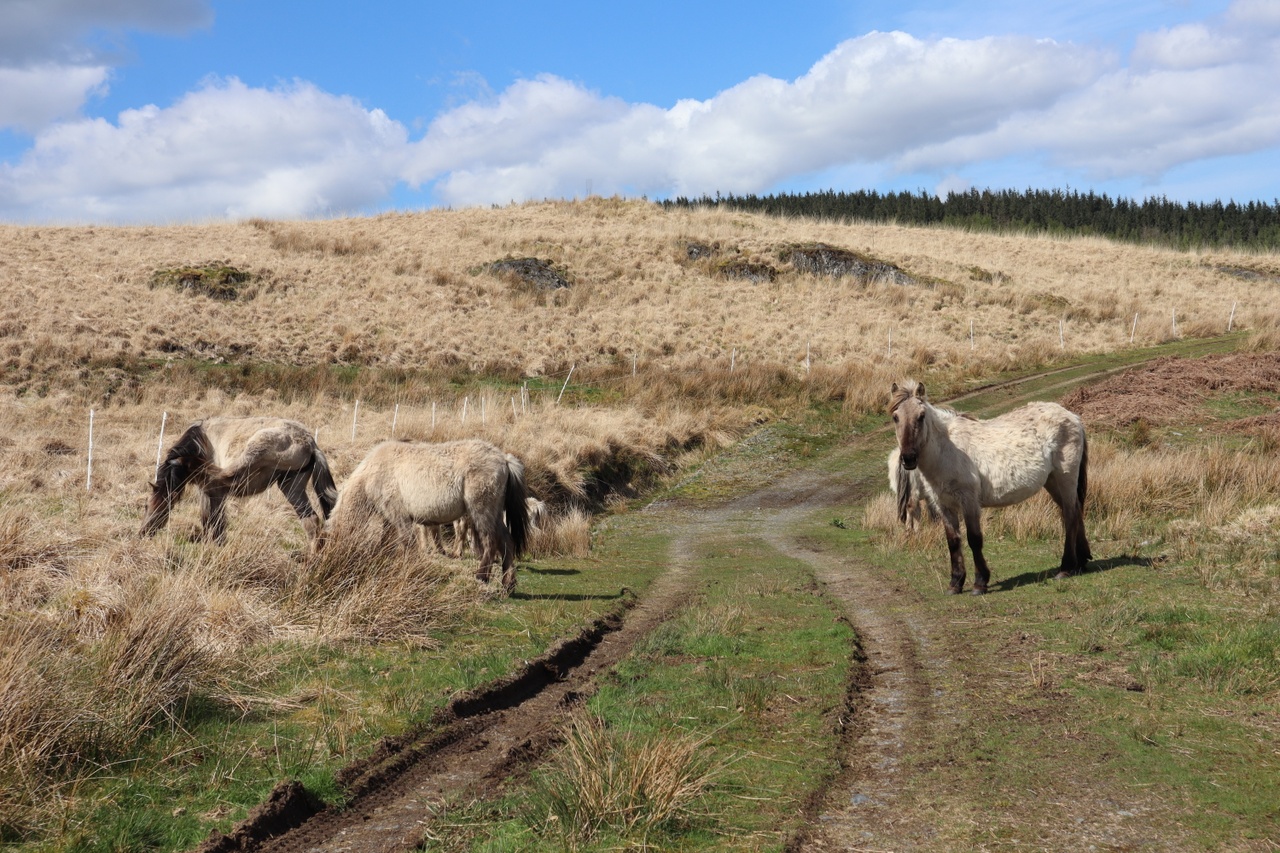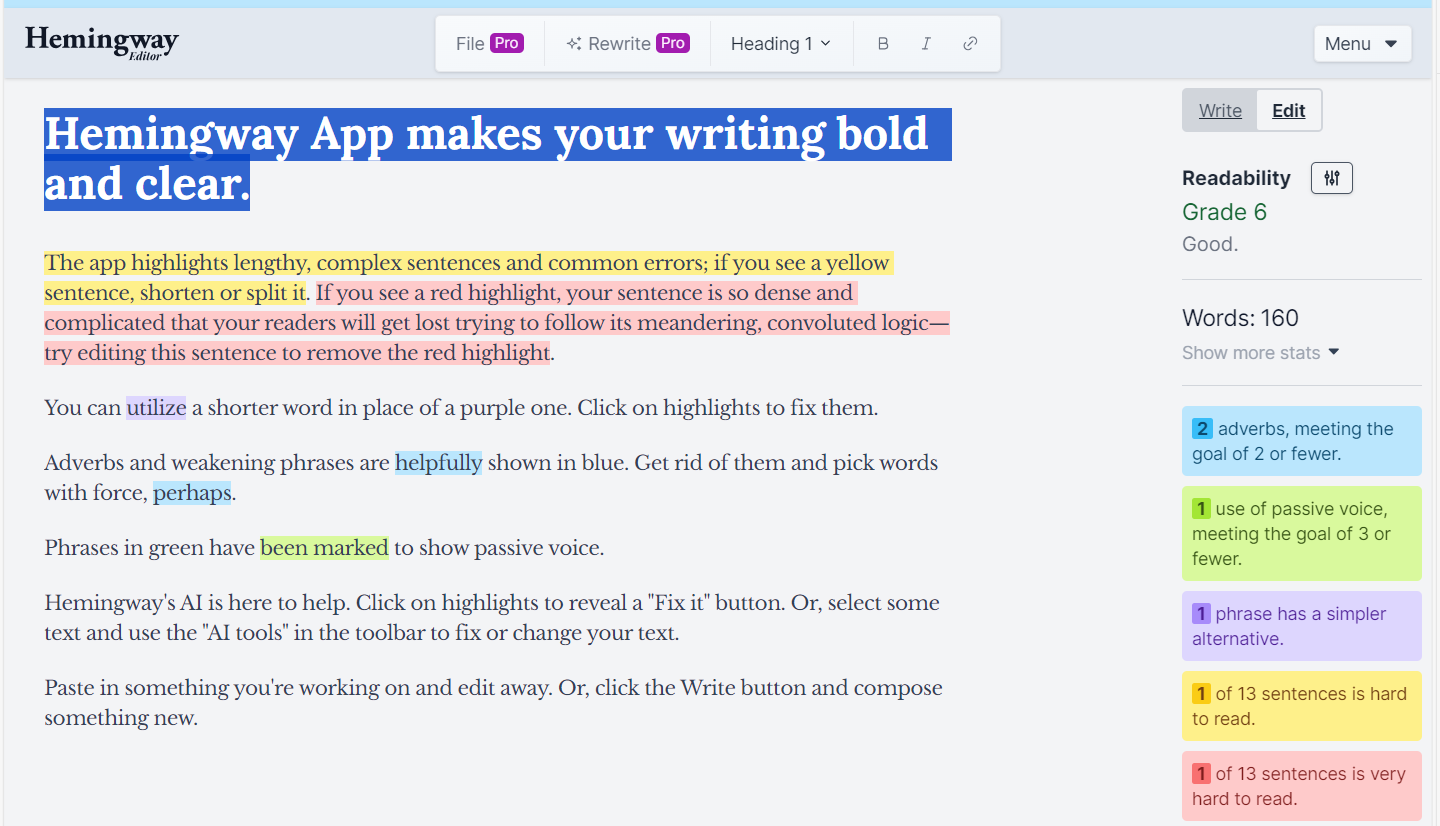Weeknotes 10/05/2024
Our team came back from the lovely long weekend with a boost of motivation and despite a 4-day work week, we accomplished a great deal. Read on to find out more about our week…
Temporary waste rules
The team have been thinking about new content from waste policy called ‘regulatory decisions’. Like the Environment Agency’s ‘regulatory position statements’, they describe temporary circumstances when someone doesn’t need a permit or the usual rules don’t apply. An example is around how people dispose of waste straw following an animal disease outbreak.
These - 45 of them - have been sent to us as approved and therefore unchangeable, but we think publishing them as separate pages of content could pose challenges.
One thing we hope we can influence is page titles because at the moment many are very long, not front-loaded, include internal reference numbers and are ‘verb-less’. All of this could make it difficult for people to identify in a Google or site search result if the content relates to their task or situation. Also, some of the links aren’t accessible, so that must be fixed.
But trickier is how we publish them so that they don’t cause problems for users.
This would be the first activity-related waste content on the site (about the thing that people actually do such as burning wood, building paths, storing waste). So there’s nothing to pin this new content to. Our other waste content is more overarching, for example ‘how to comply with your permit’.
We’ve been discussing how we deal with these 45 new pages in our content crit this week:
- Do we hide them from internal search since they are likely to appear high in search results but are for specific circumstances? Will it confuse users and drive enquiries?
- Do we create a collection page to list them all as links and give users this way in? But then, what user needs a list of all waste regulatory decisions?
- Who uses the term ‘regulatory decision’ apart from NRW? Will we, as James suggested, be able to call them ‘temporary waste rules’?
- How do we tie together these and waste exemptions content which is very similar, and is coming down the line (at the moment, we signpost users to exemptions on GOV.UK)? And how do we make sure titles are unique?
We’d love the opportunity to create some simple content that helps users navigate a complicated world or rules and terminology. As two of the regulatory decisions relate to people dismantling cars as a business, we think it would be great to take this user group as an example and create some content that helps them get from A-B: what do they need to know to start, then legally run, a car dismantling business?
NetRegs has done something close, but this only applies to business in Scotland and Northern Ireland – so if your business is in Wales, where do you go?
Ways of working at Natural Resources Wales
This week, we published new guidance about working flexibly and it inspired a discussion within our team about how we all approach our work day, as remote workers.
A working style describes the way someone approaches tasks and projects. There are four main types of work styles, which includes:
- Logical
- Idea-oriented
- Detail-oriented
- Supportive
Within our small team there’s a wide variety of different personalities and working styles. Some of the team listen to music or audiobooks while they work, others work collaboratively to share screens and skills amongst the group and some are more solitary characters who appreciate the peace and quiet while they work.
Knowing your work style comes with several benefits, including a better understanding of your strengths and weaknesses. Research suggests that people are happier and more productive at work once they are aware of their working style, allowing them to make adjustments to support them throughout the day.
When a team is aware of one another’s different approaches to working, there is the potential for more effective collaboration and more informed decision making.
To find your preferred way of working, notice what tasks bring you joy throughout the day and consider how you handle projects. With that in mind, ask yourself: Which parts of your workday excite you? Take notes at the end of each day and within time, you’ll likely detect a pattern.
If you’ve got a couple minutes, you could even take a short quiz to determine your working style. Go on, dig deep and find out what makes you tick.

Finding solutions through collaborative work
On Thursday afternoon, we met as a team to have a discussion about a new group of complex content that needed to work for both users as well as internal NRW staff.
We shared ideas to advise in the design and layout of the content, but we all agreed that when content is written with jargon and complicated legal speak, it loses its power.
Complicated ideas need to be carefully considered and written in plain language to ensure users are able to quickly and accurately understand what is being asked of them.
We use free tools in our own work like the Hemingway App to ensure our writing is bold and clear.
A reminder to stay secure
This week we received a number of emails which looked like phishing attempts, so we shared with ICT who confirmed our suspicions.
After scanning our own devices to be sure we’re all virus-free, we wanted to share some gentle reminders to others as it is the time of year where scammers are known to be extra active!
- Regularly scan your device for viruses and ensure 2fA is activated on your devices.
- Never write down your password or give it out to others, whether you know them or not.
- Create strong passwords that are at least eight characters long, and including at least a numerical value and a symbol, such as #, to foil password-cracking software. Avoid common words, and never disclose a password online.
- Change your password every ninety days, and perform regular backups of important data.
- Do not select the “Remember My Password” option. Many applications do not store them securely.
- Please refrain from opening an e-mail attachment, even from someone you know well, unless you were expecting it.
- Don’t set common passwords, such as those containing your name or other personal details that can be discovered about you online.
- Avoid opening emails or email attachments from an unknown sender. You don’t even have to click on a link in the email to receive a virus, even opening the email full-screen can be enough to allow them access.
If in doubt, share your concerns with the wonderful ICT team who have the expertise to identify malicious emails and help you stay protected.

Other stuff we’ve been working on this week…
- Kim’s been working on the PMO pages for the Intranet
- Owain has been busy with the security patch release for both the NRW and WCP website
- Owain has also been sorting out creating and updating Google dashboards for Flood Risk Analysis
- James has been creating a template for individual SoNaRR content pages
- Alex and Toyah attended ‘Digital and Agile: the foundations’, a half day course run by the Centre for Digital Public Services to introduce the principles of agile working and how it differs to the waterfall style. Although we are already familiar with agile as a concept, it was great to get a refresher on its relevance to digital public services work - and to interact with colleagues from other areas of the organisation who are newer to it.
- Toyah published her first page on the live website…and nothing broke in the process!

